Discover Working Class History
Working Class History

Working Class History
Author: Working Class History
Subscribed: 4,883Played: 76,726Subscribe
Share
© Copyright Working Class History
Description
History isn't made by kings and politicians, it's made by all of us. This podcast is about how we, together, have fought for a better world.
Become a paid subscriber, support our work and listen ad-free with early access and exclusive bonus episodes at patreon.com/workingclasshistory.
Become a paid subscriber, support our work and listen ad-free with early access and exclusive bonus episodes at patreon.com/workingclasshistory.
134 Episodes
Reverse
Following our double-episode on the Florence Working-Class Literature Festival back in February, our co-host Matt was invited to this year’s festival, recording this episode on-site at the ex-GKN factory in Florence. Featuring the various writers, researchers, organisers, and activists in attendance, this episode captures the atmosphere of the festival at this critical time for the GKN struggle.Our podcast is brought to you by patreon supporters of both Working Class Literature and Working Class History. Our supporters fund our work, and in return get exclusive early access to podcast episodes, bonus episodes, free and discounted merchandise and other content. Join us or find out more at patreon.com/workingclasshistoryTaking place on 4-6 April 2025, the opending day of the festival marked the 1367th day since the 400+ workforce at the GKN car parts factory in Florence was first made redundant. They subsequently seized the factory and remain in control of it to this day, despite receiving their third – and now final – redundancy notice in the days leading up to this year’s festival.Recorded on-site at the occupied GKN factory on the outskirts of Florence, this episode features the voices of various writers, researchers, organisers, and activists that we spoke to while at the festival. These conversations took place against a frenzy of activity, both for the festival but also the GKN struggle itself.AcknowledgementsThanks to all our patreon supporters for making this podcast possible. Special thanks to Jazz Hands, Fernando Lopez Ojeda, Nick Williams and Old NormOur theme tune for these episodes is ‘Occupiamola’ (or ‘Let’s Occupy It’) as sung on a GKN workers’ demonstration in 2024. Many thanks to Reel News London for letting us use their recording. Watch the documentary it’s taken from hereThis episode was edited by Jesse French
Part 2 of our double episode on working-class author Jack Hilton, with Jack Chadwick whose literary detective work rescued Hilton from almost total obscurity. This part covers his novel Caliban Shrieks in more detail and how it compares to other working-class novels from the same period; his later writing and life, and how his writing career would come to an end (despite George Orwell’s efforts); and, finally, the amazing series of events that led to the rediscovery and republication of Caliban Shrieks.Our podcast is brought to you by patreon supporters of both Working Class Literature and Working Class History. Our supporters fund our work, and in return get exclusive early access to podcast episodes, bonus episodes, free and discounted merchandise and other content. Join us or find out more at patreon.com/workingclasshistoryMore informationBuy Caliban Shrieks from an independent bookshopListen to the bonus episode to this double episode, exclusively for our supporters on Patreon: https://www.patreon.com/posts/wcl-13-1-jack-129501458Full show notes including sources, photos, and eventually a full transcript are available on our website: https://workingclasshistory.com/podcast/wcl12-13-jack-hilton-rochdale-caliban/AcknowledgementsImage: Jack Hilton. Credit: Jack Chadwick.Thanks to all our patreon supporters for making this podcast possible. Special thanks to Jazz Hands, Fernando Lopez Ojeda, Nick Williams and Old Norm.Our theme tune is Bella Ciao, thanks for permission to use it from Dischi del Sole. You can purchase it here or stream it here.This episode was edited by Jesse French.
Part 1 of our double episode about Jack Hilton, a working-class author, World War I veteran, unemployed movement organiser, and trade union activist from Rochdale, north-west England.For this episode, we spoke to Jack Chadwick whose literary detective work rescued Hilton from almost total obscurity. We discussed Hilton's life growing up in Rochdale's slums, starting work at nine years old, and his activism in the National Unemployed Workers' Movement. We also talked about how he began writing, how Caliban Shrieks was celebrated within the London literary scene, and his long-term (and complex) relationship to George Orwell.More informationBuy Caliban Shrieks from an independent bookshopFull show notes including sources, photos, and eventually a full transcript are available on our website: https://workingclasshistory.com/podcast/wcl12-13-jack-hilton-rochdale-caliban/AcknowledgementsImage: Jack Hilton. Credit: Jack Chadwick.Thanks to all our patreon supporters for making this podcast possible. Special thanks to Jazz Hands, Fernando Lopez Ojeda, Nick Williams and Old Norm.Our theme tune is Bella Ciao, thanks for permission to use it from Dischi del Sole. You can purchase it here or stream it here.This episode was edited by Jesse French.
Part 2 of our double-episode about the Working-Class Literature Festival held every year in Florence, at the former GKN car parts factory, which was taken over by the workers after they were made redundant in 2021.We're joined again by working-class author and one of the main organisers of the festival, Alberto Prunetti, and former GKN worker, Dario Salvetti. We also talk to another two working-class writers who have participated in the festival: Claudia Durastanti, who helps organise the festivals, and Anthony Cartwright, who has attended the last two.In this episode, we discuss what went on at the last two festivals and what made them different from conventional literary events: from the attendees and various events and presentations to the participation of GKN workers not just in logistics but in readings and performances. We also discuss the possibilities for the future of the festival - and for the GKN struggle itself.Full show notes including further reading, photos, a documentary about the GKN struggle, and a full transcript are available on our website: https://workingclasshistory.com/podcast/wcl10-11-florence-working-class-literature-festival/AcknowledgementsMany thanks also to Alberto Prunetti and Edizioni Alegre for giving us permission to reproduce photos from previous years' festivalsThanks to all our patreon supporters for making this podcast possible. Special thanks to Jamison D. Saltsman, Jazz Hands, Fernando Lopez Ojeda and Jeremy CusimanoOur theme tune for these episodes is ‘Occupiamola’ (or ‘Let’s Occupy It’) as sung on a GKN workers’ demonstration in 2024. Many thanks to Reel News London for letting us use their recording. Watch the documentary it's taken from hereThis episode was edited by Tyler Hill
First of a double-episode podcast about the Working-Class Literature Festival held every year in Florence, at the former GKN car parts factory, which was taken over by the workers after they were made redundant in 2021.In this episode, we talk to working-class author and one of the main organisers of the festival, Alberto Prunetti, as well as former GKN workers Dario Salvetti and Tiziana De Biasio. We discuss the history of the struggle at GKN from the redundancies to the workers' takeover and 'permanent union assembly' at the factory.We also dive into how the idea for the Working-Class Literature Festival at the factory began, and how the first two events were organised (despite repeated attempts at sabotage).Full show notes including further reading, photos, a documentary about the GKN struggle, and a full transcript are available on our website: https://workingclasshistory.com/podcast/wcl10-11-florence-working-class-literature-festival/AcknowledgementsMany thanks to Antonella Bundu for doing the voiceover for Tiziana's audioMany thanks also to Alberto Prunetti and Edizioni Alegre for giving us permission to reproduce photos from previous years' festivalsThanks to all our patreon supporters for making this podcast possible. Special thanks to Jamison D. Saltsman, Jazz Hands, Fernando Lopez Ojeda and Jeremy CusimanoOur theme tune for these episodes is ‘Occupiamola’ (or ‘Let’s Occupy It’) as sung on a GKN workers’ demonstration in 2024. Many thanks to Reel News London for letting us use their recording. Watch the documentary it's taken from hereThis episode was edited by Tyler Hill
The final episode of our three-part series about migrant worker poetry in China. We speak to Maghiel van Crevel, Professor of Chinese Language and Literature at Leiden University. Maghiel has travelled extensively in China, meeting with and writing about the work of Chinese migrant worker poets.In this episode, we look at questions of censorship in China and the importance of unofficial publications for the spread of migrant worker poetry (not to mention the wider Chinese poetry scene as well). We also discuss how some working-class writers come to be left out of what is considered 'working-class writing' with a specific look at the work of gay migrant worker poet, Mu Cao.Full show notes including sources, further reading, photos, films and eventually a transcript are here on our website: https://workingclasshistory.com/podcast/wcl-7-9-chinese-migrant-worker-poetry/AcknowledgementsAs always, huge thanks to our patreon supporters who make this podcast possible. A special thanks to Jamison D. Saltsman, Jazz Hands, Fernando Lopez Ojeda and Jeremy Cusimano.Our theme tune for these episodes is ‘A Young Man from the Village’ by the New Labour Art Troupe, from the Migrant Worker Home. Stream it here.This episode was produced by Jack Franco and edited by Jesse French.
Part 2 of our three-part series about migrant worker poetry in China. We speak to Maghiel van Crevel, Professor of Chinese Language and Literature at Leiden University. Maghiel has travelled extensively in China, meeting with and writing about the work of Chinese migrant worker poets.In this episode, we look at the work of the Migrant Worker Home, a self-organised space run by and for migrant workers on the outskirts of Beijing, which taught migrant workers about their rights, hosted a museum, and ran literary and cultural groups, until they were evicted last year. We also look at two more migrant worker poets, including Xu Lizhi, whose suicide in 2014 propelled him to global fame.Full show notes including sources, further reading, photos, films and eventually a transcript are here on our website: https://workingclasshistory.com/podcast/wcl-7-9-chinese-migrant-worker-poetry/AcknowledgementsAs always, huge thanks to our patreon supporters who make this podcast possible. A special thanks to Jamison D. Saltsman, Jazz Hands, Fernando Lopez Ojeda and Jeremy Cusimano.Our theme tune for these episodes is ‘A Young Man from the Village’ by the New Labour Art Troupe, from the Migrant Worker Home. Stream it here.This episode was produced by Jack Franco and edited by Jesse French.
First of the three-part series on migrant worker poetry in China. In these episodes, we speak to Maghiel van Crevel, Professor of Chinese Language and Literature at Leiden University. Maghiel has travelled extensively in China meeting with and writing about the work of Chinese migrant worker poets.In this episode, we discuss the concept of the 'migrant worker' in China, and how it relates to the internal hukou system and China's relationship to global capitalism. We also discuss what we mean by 'migrant worker/migrant worker poetry' in relation to the Chinese words dagong and dagong shige. We also look at two migrant worker poets, Wu Xia and Zheng Xiaoqiong.Full show notes including sources, further reading, photos, films and eventually a transcript are here on our website: https://workingclasshistory.com/podcast/wcl-7-9-chinese-migrant-worker-poetry/AcknowledgementsAs always, huge thanks to our patreon supporters who make this podcast possible. A special thanks to Jamison D. Saltsman, Jazz Hands, Fernando Lopez Ojeda and Jeremy Cusimano.Our theme tune for these episodes is ‘A Young Man from the Village’ by the New Labour Art Troupe, from the Migrant Worker Home. Stream it here.This episode was produced by Jack Franco and edited by Jesse French.
Concluding part of our double-episode in conversation with author, DD Johnston, about his new novel, Disnaeland.In this part, Darren discusses the novel’s relationship to the Scots language, the apocalyptic prophecies of radical, pre-Enlightenment Christianity, and his focus on mutual aid as a response to disaster. Darren also performs two further readings from the novel.Full information, sources, further reading, acknowledgements and eventually a transcript on the webpage for this episode: https://workingclasshistory.com/podcast/wcl-5-6-dd-johnstons-proletarian-apocalypse/Get books mentioned in this episodePeace, Love and Petrol Bombs: https://bookshop.org/a/80203/9781849350617Disnaeland: https://uk.bookshop.org/books/disnaeland/9781909954533AcknowledgmentsOur theme tune is Bella Ciao, thanks for permission to use it from Dischi del Sole. You can purchase it here: http://www.alabianca.it/en/store/bravo-records-en/le-canzoni-di-bella-ciao-aa-vv/
The first of a two-part episode, Working Class Literature speak to DD Johnston about his new novel, Disnaeland, about a working-class Scottish community's response to societal collapse. We also discuss his previous novels and his participation in McDonald's Workers' Resistance, a radical collective of angry employees at the world's biggest fast food chain.Darren also reads passages from Disnaeland and his first novel, Peace, Love and Petrol Bombs.Full information, sources, further reading, acknowledgements and eventually a transcript on the webpage for this episode: https://workingclasshistory.com/podcast/wcl-5-6-dd-johnstons-proletarian-apocalypse/Get books mentioned in this episodePeace, Love and Petrol Bombs: https://bookshop.org/a/80203/9781849350617Disnaeland: https://uk.bookshop.org/books/disnaeland/9781909954533AcknowledgmentsOur theme tune is Bella Ciao, thanks for permission to use it from Dischi del Sole. You can purchase it here: http://www.alabianca.it/en/store/bravo-records-en/le-canzoni-di-bella-ciao-aa-vv/
Part 2 of our double-episode in which we talk to acclaimed author, poet and Professor of Children’s Literature, Michael Rosen, about his anthology, Workers’ Tales: Socialist Fairy Tales, Fables, and Allegories from Great Britain, which gathers together short stories from the labour and socialist press between 1880 and 1920.In this episode, Michael shows how popular children’s stories (like Wind in the Willows and Alice in Wonderland) are shot through with the political content of their adult authors. He also reads a story from his anthology by William Morris and explains how all culture, including children’s writing, contains within it elements of social contest.You can buy a copy of Michael's anthology here: https://bookshop.org/books/workers-tales-socialist-fairy-tales-fables-and-allegories-from-great-britain/9780691175348More info on the webpage for this episode: https://workingclasshistory.com/blog/wcl-e3-4-michael-rosens-socialist-fairy-tales/
A Working Class Literature podcast double-episode in which we talk to acclaimed author, poet and Professor of Children's Literature, Michael Rosen, about his anthology, Workers' Tales: Socialist Fairy Tales, Fables, and Allegories from Great Britain, which gathers together short stories from the labour and socialist press between 1880 and 1920.You can buy a copy of Michael's anthology here: https://bookshop.org/books/workers-tales-socialist-fairy-tales-fables-and-allegories-from-great-britain/9780691175348More info on the webpage for this episode: https://workingclasshistory.com/blog/wcl-e3-4-michael-rosens-socialist-fairy-tales/
Second of a double podcast episode about the League of Revolutionary Black Workers in Detroit in the late 60s/early 70s, in conversation with Herb Boyd, author of Black Detroit and former member of the group, and Dan Georgakas, author of Detroit I Do Mind Dying.This podcast is only possible because of support from our listeners on patreon. Join us and get access to exclusive content at https://patreon.com/workingclasshistoryThis is an improved, extended and partially re-recorded version of our podcast episode 12. We have added more audio clips from other members of the League, including General Baker, Mitch and Darryl “Waistline” Mitchell. We have also added narrative for additional detail, context and to tell the story in a more cohesive manner. Whether you listened to the original episode or not, we hope you enjoy it!Get hold of Dan and Herb's books on these links:– Dan Georgakas and Marvin Surkin, Detroit: I Do Mind Dying: A Study in Urban Revolution – https://bookshop.org/a/80203/9781608462216– Herb Boyd, Black Detroit: A People’s History of Self-Determination – https://bookshop.org/a/80203/9780062346636More information, sources, acknowledgements and more on the webpage for this episode: https://workingclasshistory.com/podcast/e61-the-league-of-revolutionary-black-workers-in-detroit/
Concluding part of our double podcast episode on the 1977 Bread Intifada in Egypt. We speak with journalist and revolutionary socialist, Hossam el-Hamalawy, about the uprising and its significance today.Our podcast is brought to you by our patreon supporters. Our supporters fund our work, and in return get exclusive early access to podcast episodes, bonus episodes, free and discounted merchandise and other content. For example you can listen to part 2 of this double episode now. Join us or find out more at patreon.com/workingclasshistoryMusic used in this episode under fair use was “Build Your Palaces” by Sheikh Imam. Available to stream here. We attempted to find copyright holders but were unsuccessful; if anyone has any information about this, please email info@workingclasshistory.com.For more information on the Bread Intifada, reading Hossam’s 2001 Master’s thesis on the subject: https://arabawy.org/111742/1977/See also Lafif Lakhdar’s ‘The development of class struggle in Egypt’ in Khamsin: Journal of revolutionary socialists of the Middle-East, issue #5: https://libcom.org/library/development-class-struggle-egyptFull show notes, acknowledgements, sources, more information and eventually a transcript on the webpage for this episode: https://workingclasshistory.com/blog/e59-60-the-bread-intifada/
Concluding part of a double podcast episode on the West Virginia mine wars 1902-1922. We speak with Catherine Moore and others from the West Virginia Mine Wars Museum, as well as some West Virginia teachers who had just been on strike about the conflicts, and how they are remembered today.Our podcast is brought to you by our patreon supporters. Our supporters fund our work, and in return get exclusive early access to podcast episodes, bonus episodes, free and discounted merchandise and other content. For example you can listen to part 2 of this double episode now. Join us or find out more at patreon.com/workingclasshistoryMusic used in these episodes is Which Side Are You On, by Florence Rees, performed by Tom Morello: The Night Watchman. Buy/stream it here: https://tommorellothenightwatchman.bandcamp.com/track/which-side-are-you-onAnd Solidarity Forever by Ralph Chaplin, performed by David Rovics.Learn more about the mine wars in these great books: https://shop.workingclasshistory.com/collections/all/west-virginia-mine-warsFull acknowledgements, show notes, photos, sources and more information on the webpage for this episode here: https://workingclasshistory.com/podcast/e57-west-virginia-mine-wars-1902-1922/
The final part of our four-part podcast miniseries about the May 18 uprising in Gwangju, South Korea, in 1980 against the US-backed military dictatorship of Chun Doo Hwan. We speak with Kim Yong Ho, David Dolinger and Jeon Yong Ho, who took part in the events, as well as researcher and lead translator of the excellent book, Gwangju Diary, Kap Su Seol.Our podcast is brought to you by our patreon supporters. Our supporters fund our work, and in return get exclusive early access to podcast episodes, bonus episodes, free and discounted merchandise and other content. For example patrons can listen to a new episode of the podcast as well as an exclusive bonus episode. Join us or find out more at https://patreon.com/workingclasshistoryThis week, we speak with our guests about the aftermath of the uprising, and its legacy in terms of later struggles, the restoration of democracy in 1987 and its repercussions today.See full information, acknowledgements, sources and a transcript here on our website: https://workingclasshistory.com/2021/06/29/e53-the-gwangju-uprising-1980/
Episode two of the Working Class Literature podcast about Joseph Skipsey, a poet and coal miner from the North East of England. After entering the mines as a child, he would grow up to become a nationally-renowned poet, respected by some of the most famous artists of the nineteenth century. In this episode, we speak to researcher Dr Gordon Tait and musician Chris Harrison, both of whom have been doing lots of work around Skipsey’s life and poetry.Our podcast is brought to you by our patreon supporters. Our supporters fund our work, and in return get exclusive early access to podcast episodes, bonus episodes, free and discounted merchandise and other content. Like for example a bonus episode about Joseph Skipsey.Join us or find out more at https://patreon.com/workingclasshistoryFull show notes and acknowledgements on our website: https://workingclasshistory.com/2021/05/27/wcl-e2-joseph-skipsey-poet-and-pitman/
Concluding part of our double podcast episode about green bans by building workers in Australia from 1970 to 1975 which held up billions of dollars of development which would have been harmful to the environment, or working class and Aboriginal communities.Our podcast is brought to you by our patreon supporters. Our supporters fund our work, and in return get exclusive early access to podcast episodes, bonus episodes, free and discounted merchandise and other content. Join us or find out more at https://patreon.com/workingclasshistory In these episodes we speak with Dave Kerin, a former builders labourer and member of the Builders Labourers Federation (BLF) and current member of the Earthworker Collective, and Dr Meredith Burgmann, who was an active supporter of the green bans, co-authored Green Bans, Red Union: the Saving of a City with her sister Verity Burgmann, and was later a Labor member of parliament.We have produced merch commemorating the BLF and the green bans here to help fund our work: https://shop.workingclasshistory.com/collections/all/green-bansListen to both parts of this podcast now, as well as an exclusive bonus episode, by supporting us on patreon: https://patreon.com/workingclasshistoryMore information, transcripts and full show notes here on our website: https://workingclasshistory.com/2020/10/30/e47-48-green-bans/
Third of our four-part miniseries on opposition to the Vietnam war in the US, in conversation with five former participants in the movement. This week we look at anti-war organising with US prisoners of war, labour organising, increasing militancy of the movement, the end of the war and lessons for today.Our podcast is brought to you by our patreon supporters. Our supporters fund our work, and in return get exclusive early access to podcast episodes, bonus episodes, free and discounted merchandise and other content. Our patrons can listen to all 4 parts of this podcast now, as well as 3 exclusive bonus episodes. Learn more and sign up at patreon.com/workingclasshistoryFull show notes, acknowledgements, sources, more information, photos, transcripts and more here on our website: https://workingclasshistory.com/2020/09/23/e43-46-the-movement-against-the-vietnam-war-in-the-us/Books and merch about the anti-war movement here in our online store: https://shop.workingclasshistory.com/collections/vietnam-gi-resistance
Third of our four-part miniseries on opposition to the Vietnam war in the US, in conversation with five former participants in the movement. This week we look at the intersection between the Black liberation movement and the anti-war movement, hear the experiences of a draft resistor, and learn more about the increasing state repression. Our podcast is brought to you by our patreon supporters. Our supporters fund our work, and in return get exclusive early access to podcast episodes, bonus episodes, free and discounted merchandise and other content. Our patrons can listen to all 4 parts of this podcast now, as well as 3 exclusive bonus episodes. Learn more and sign up at patreon.com/workingclasshistoryFull show notes, acknowledgements, sources, more information, photos, transcripts and more here on our website: https://workingclasshistory.com/2020/09/23/e43-46-the-movement-against-the-vietnam-war-in-the-us/Books and merch about the anti-war movement here in our online store: https://shop.workingclasshistory.com/collections/vietnam-gi-resistance


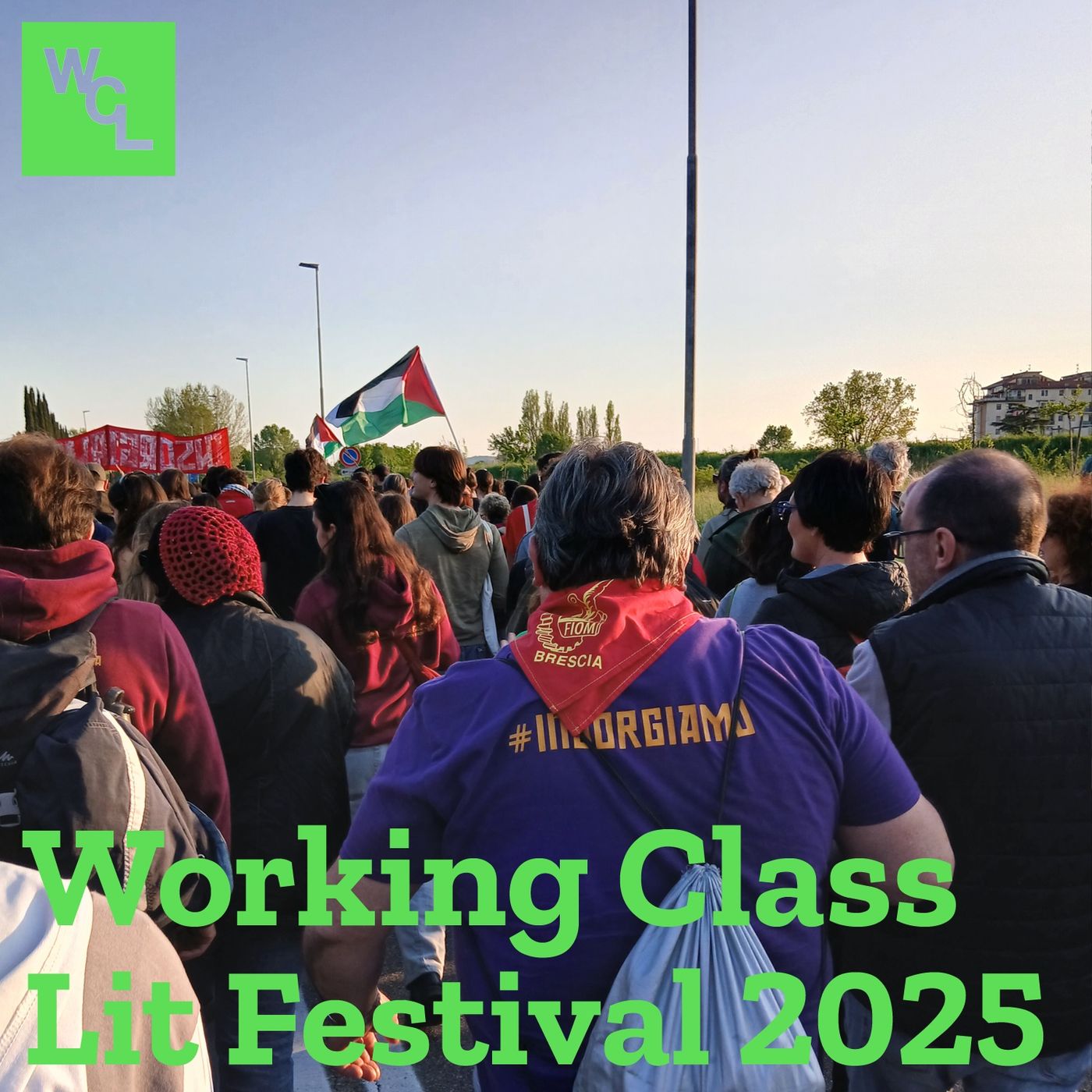
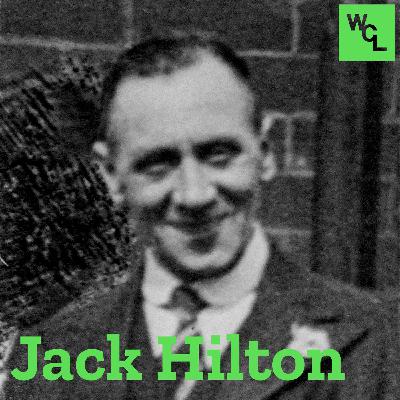
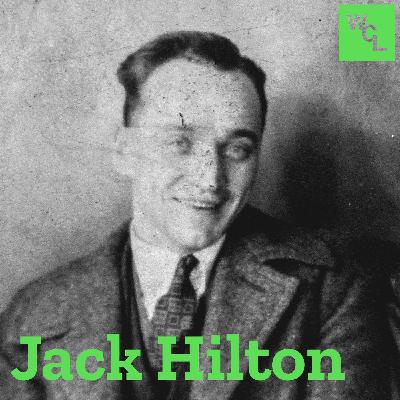
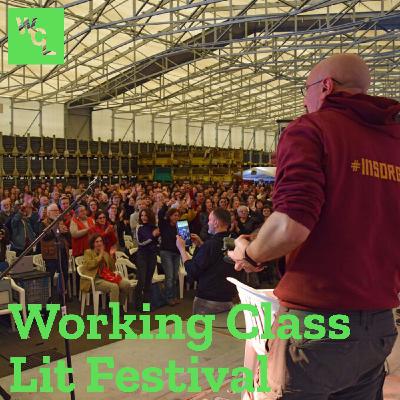
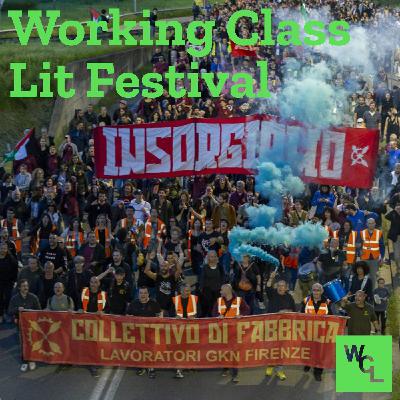
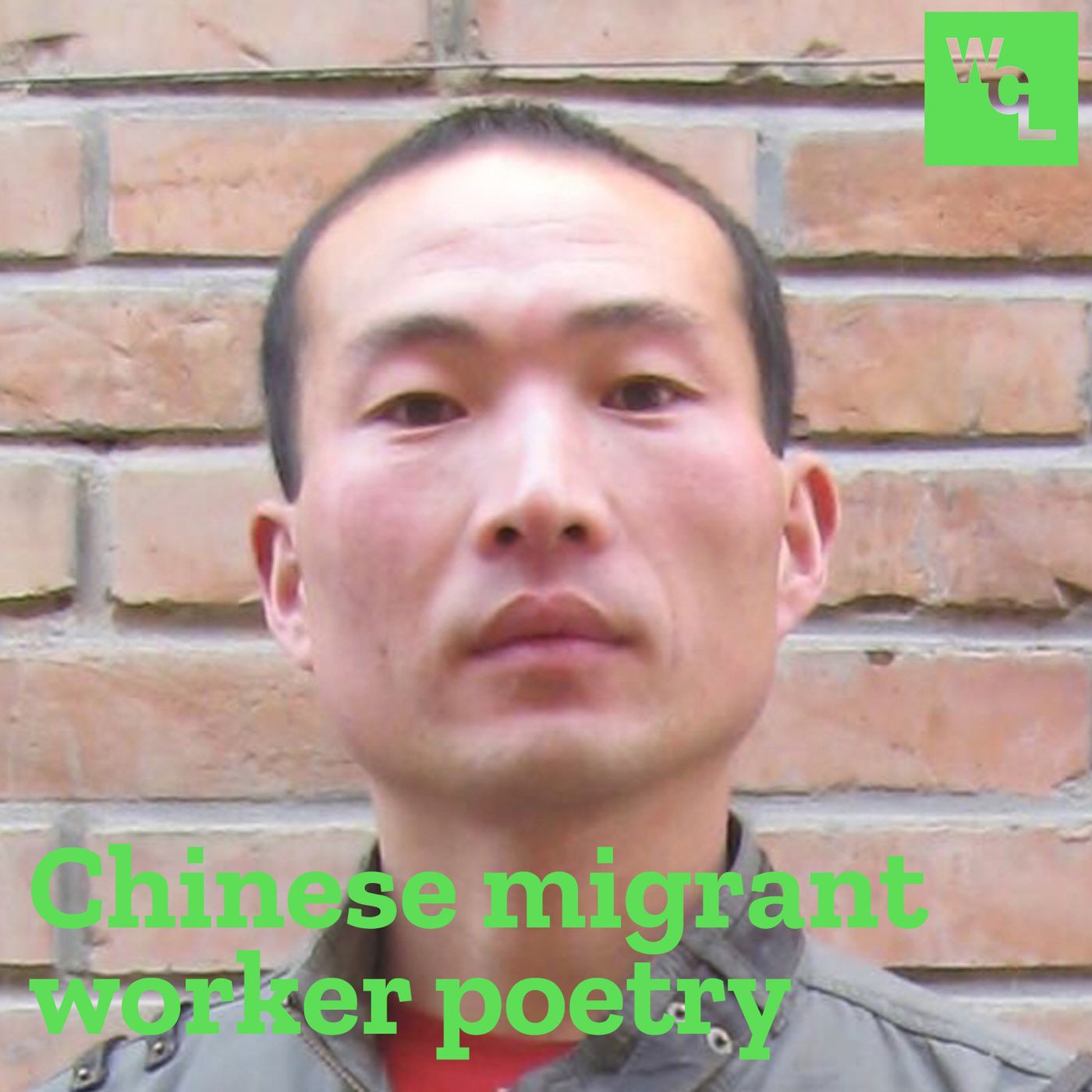
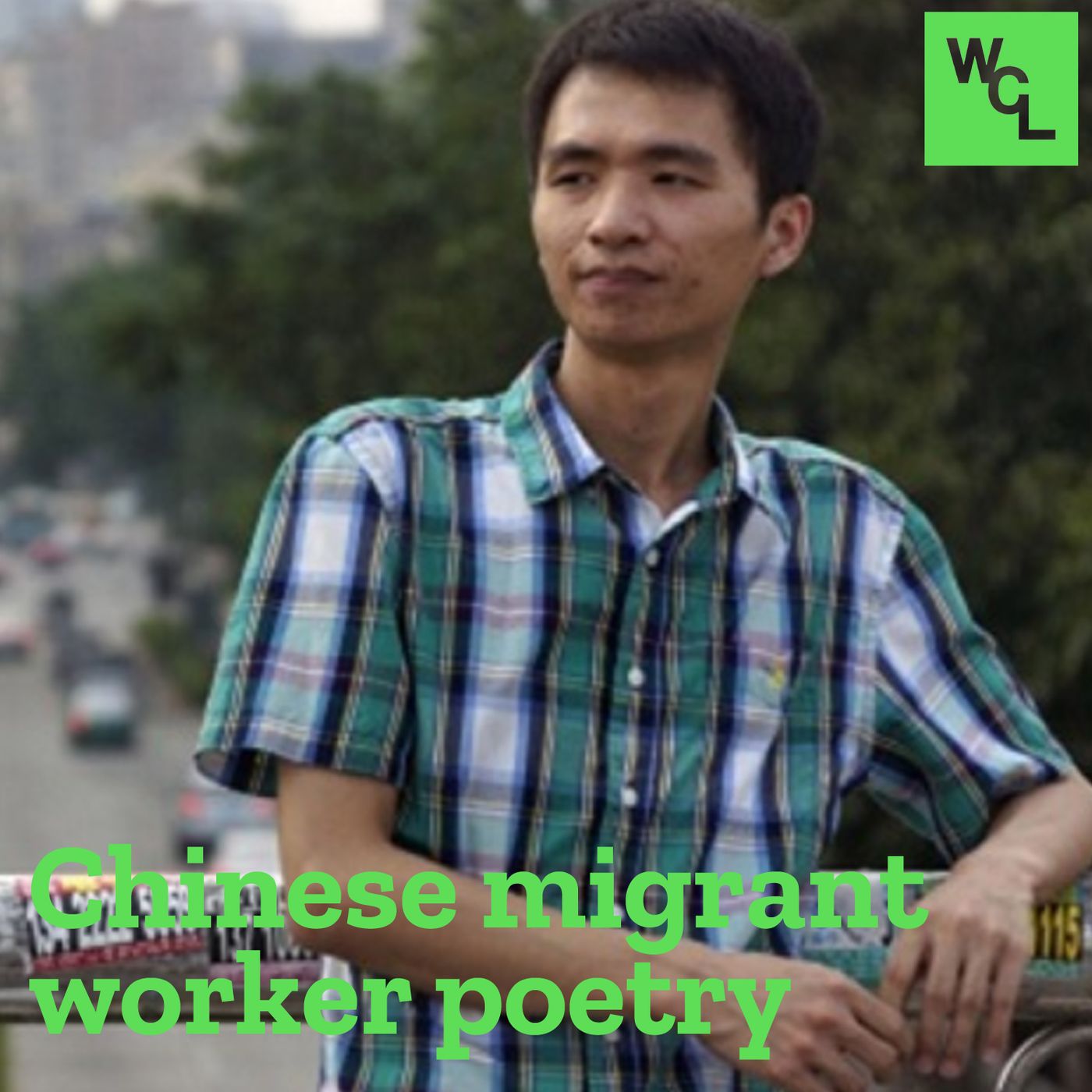
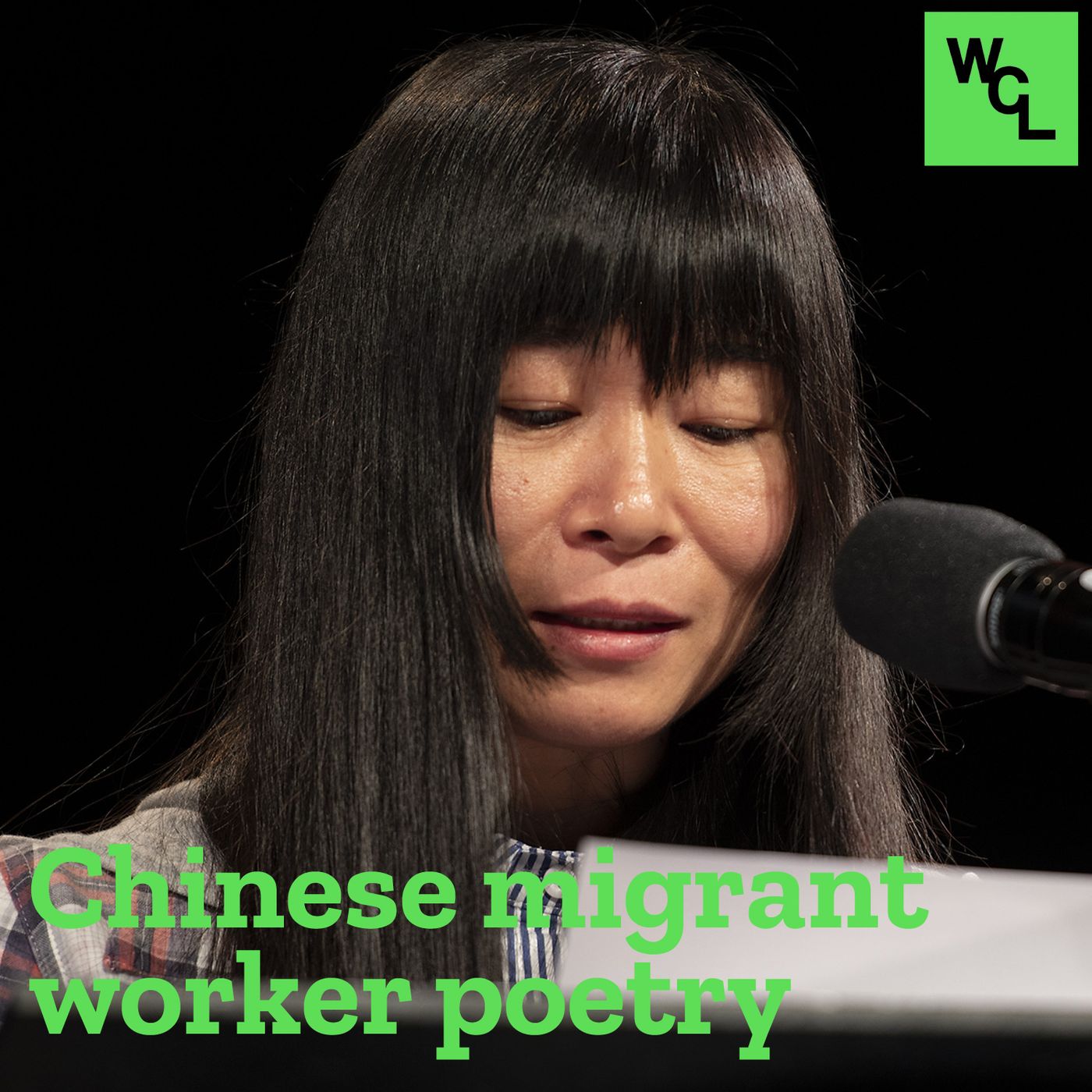
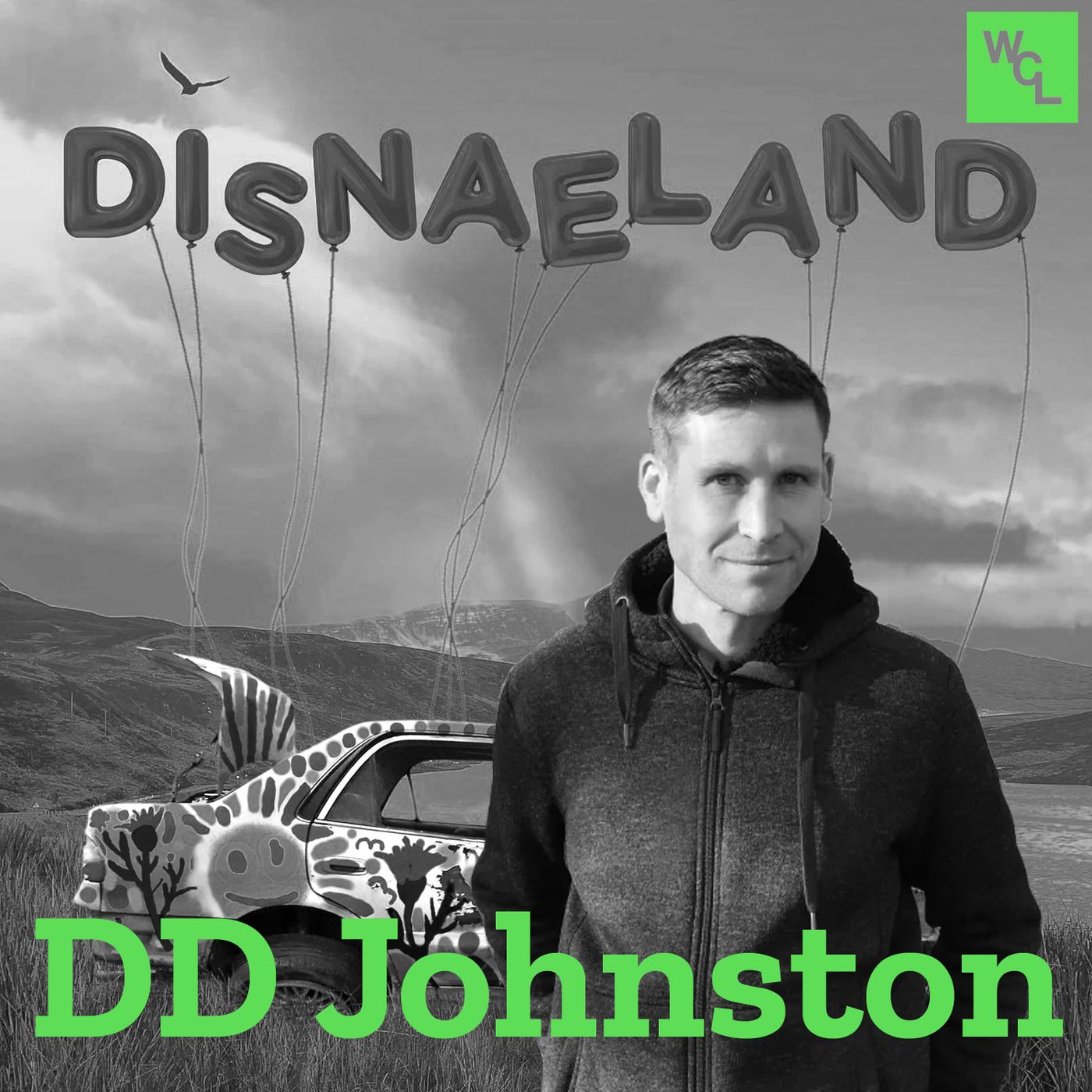

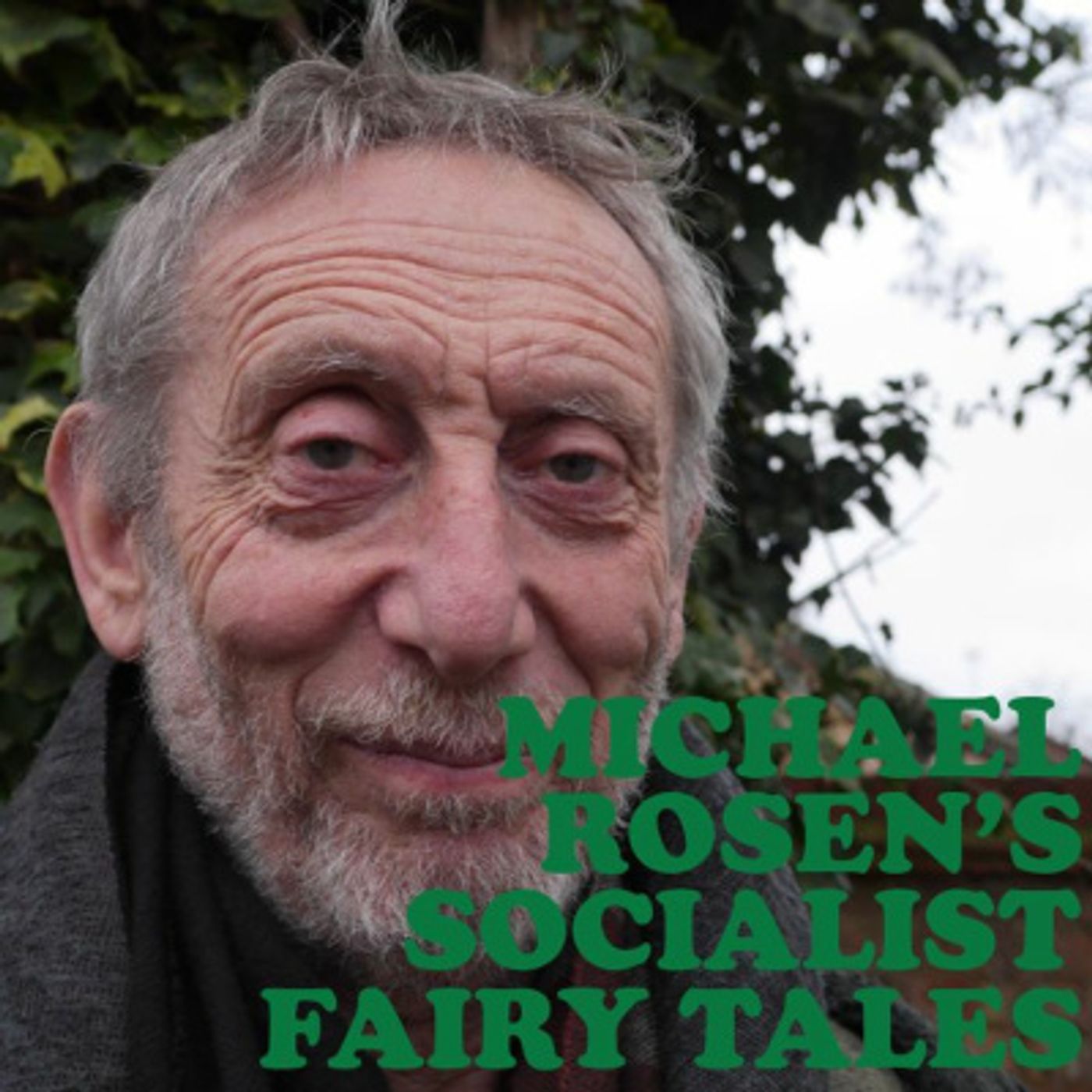
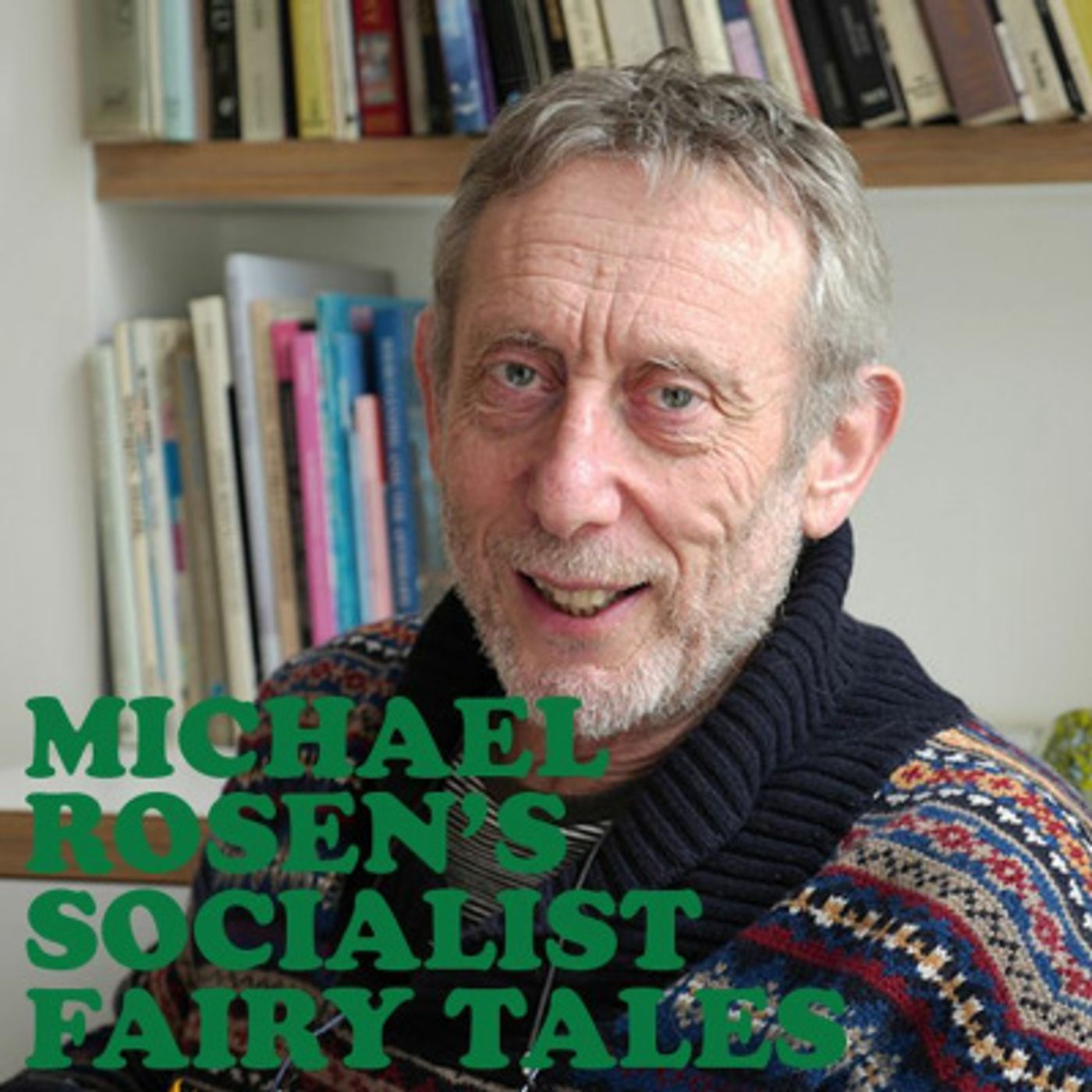
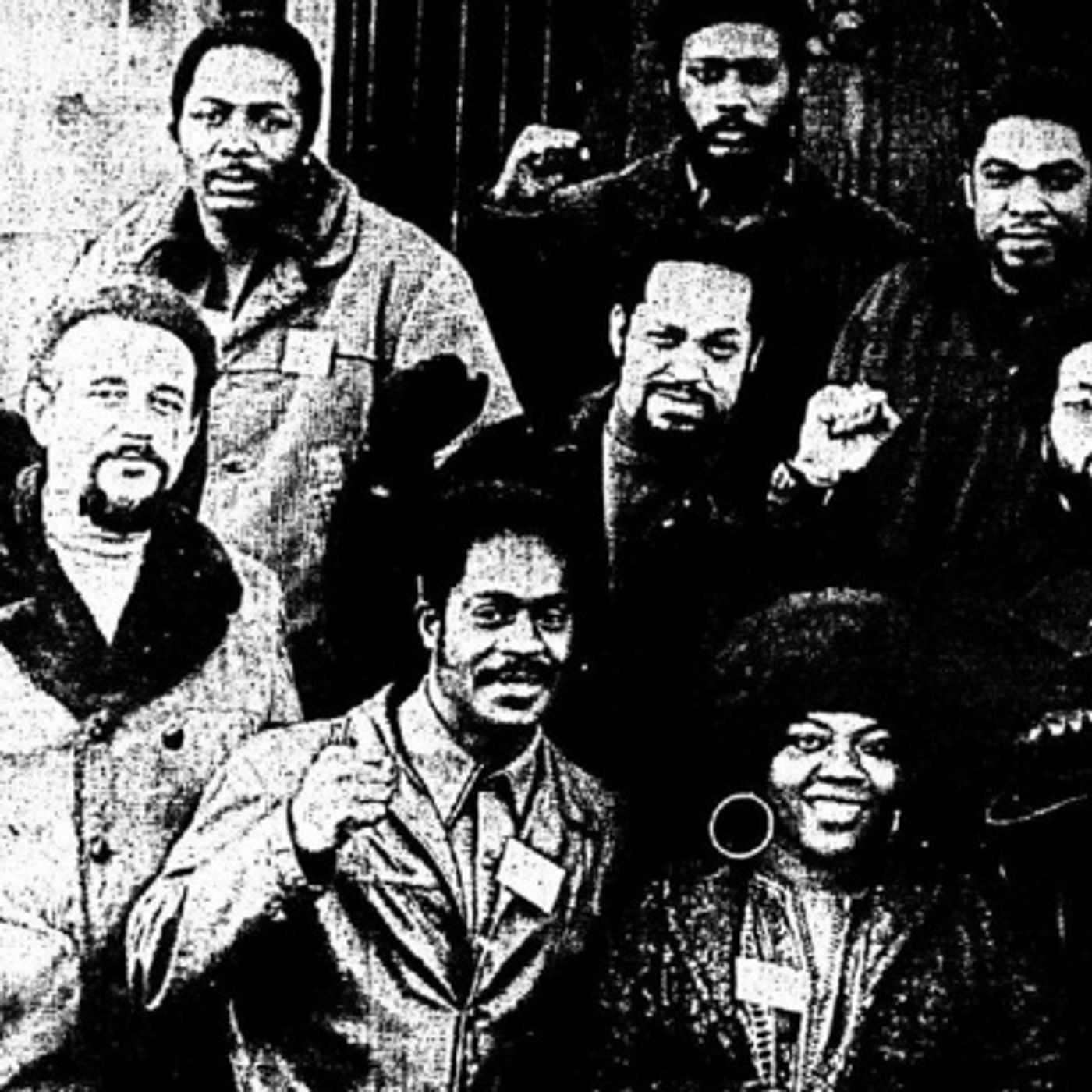
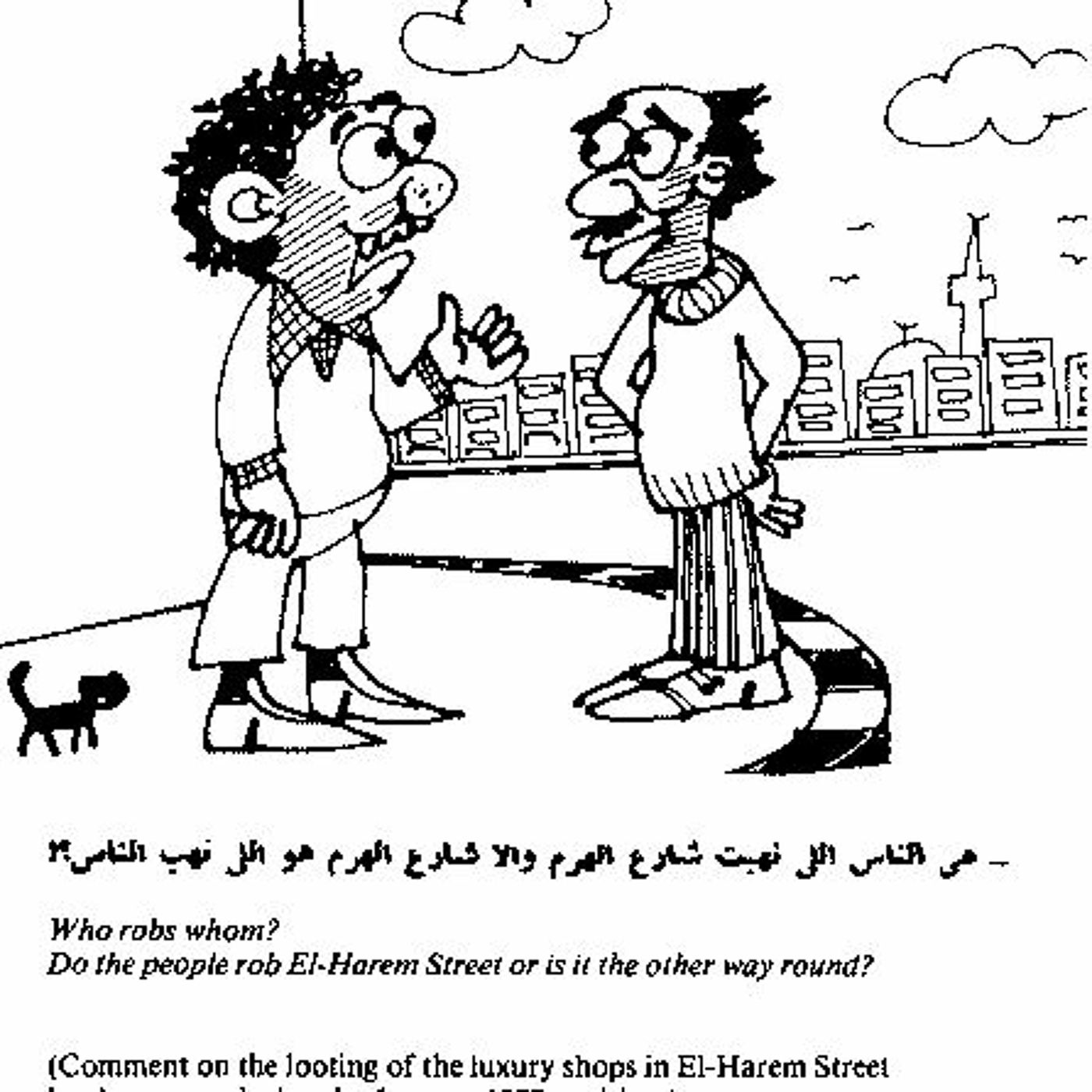
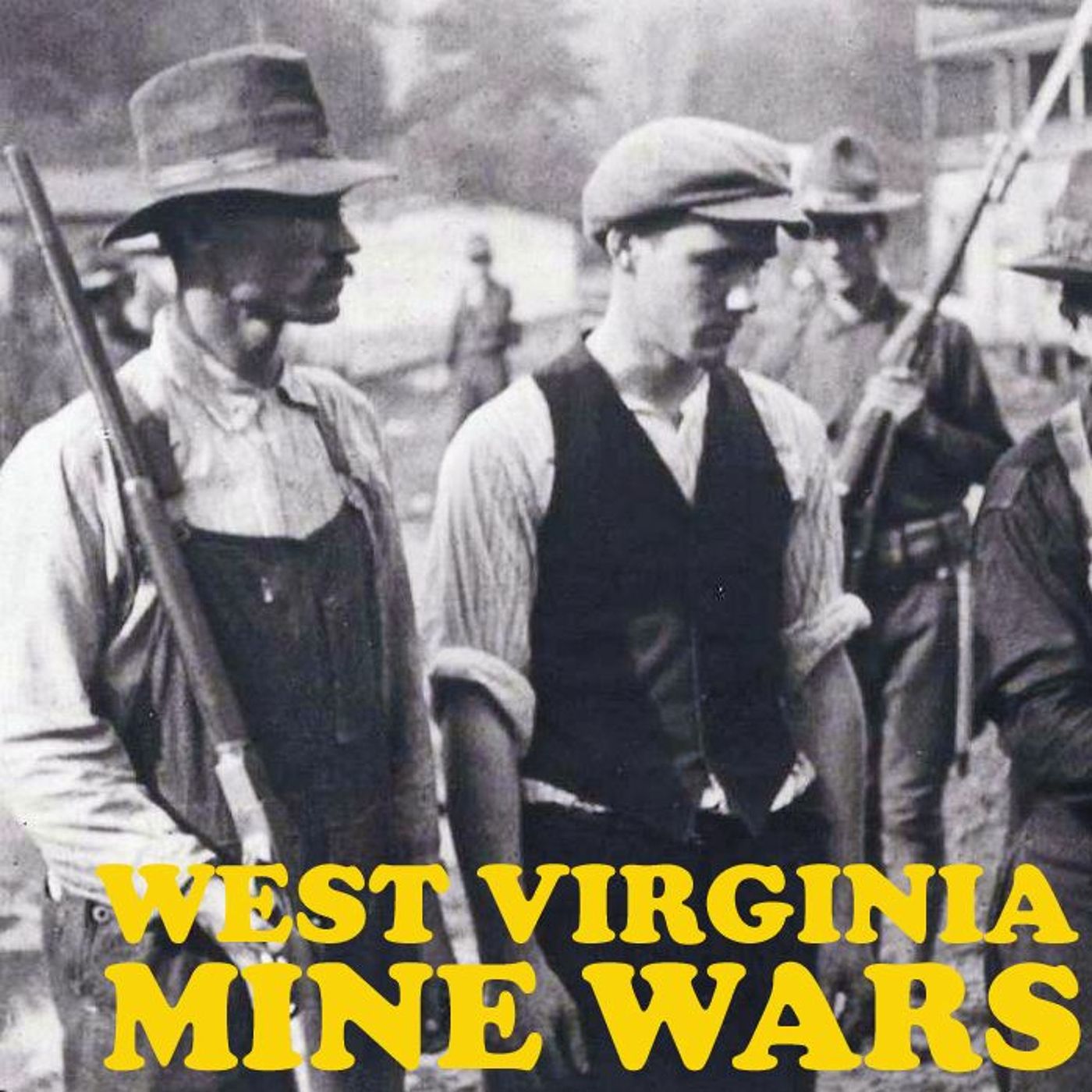

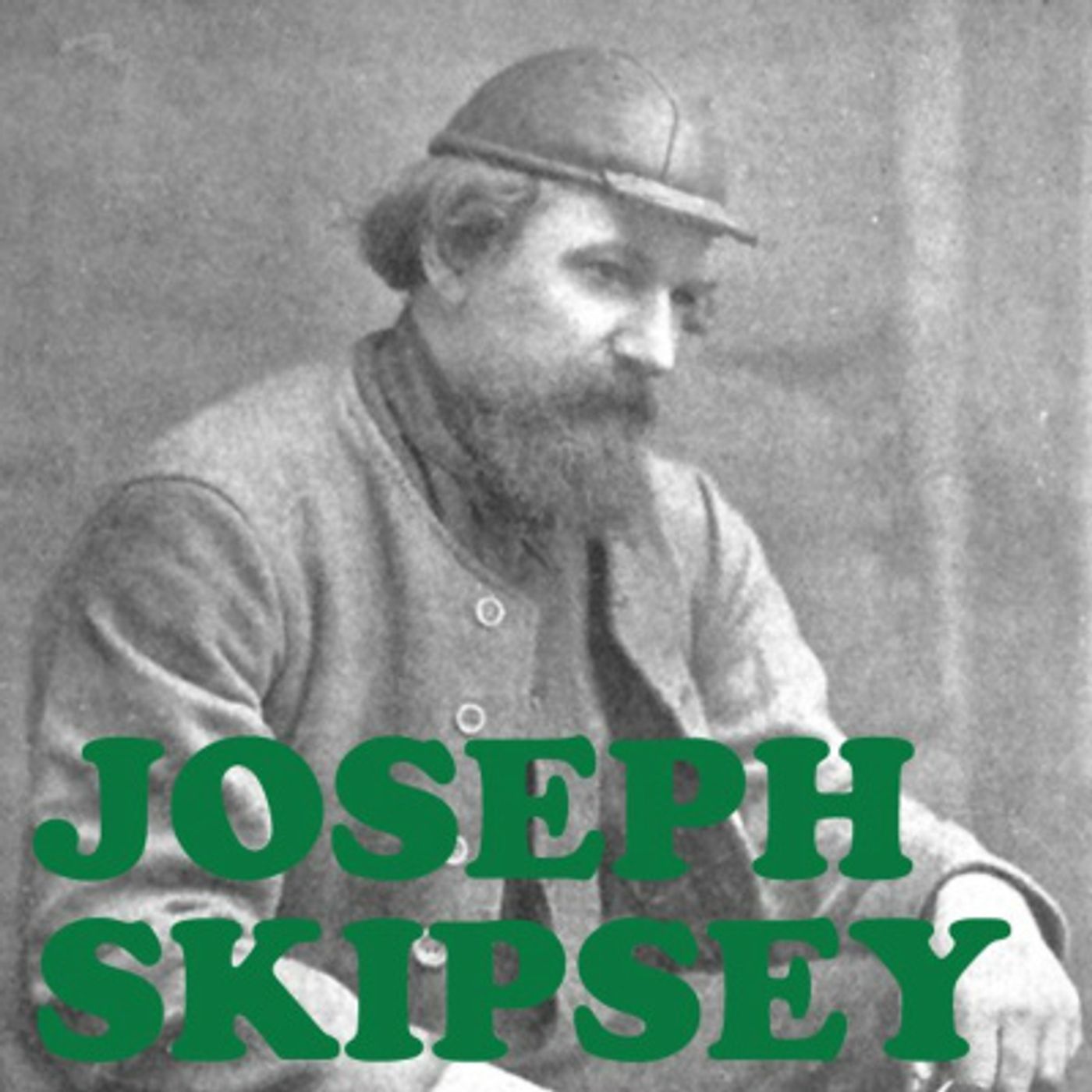
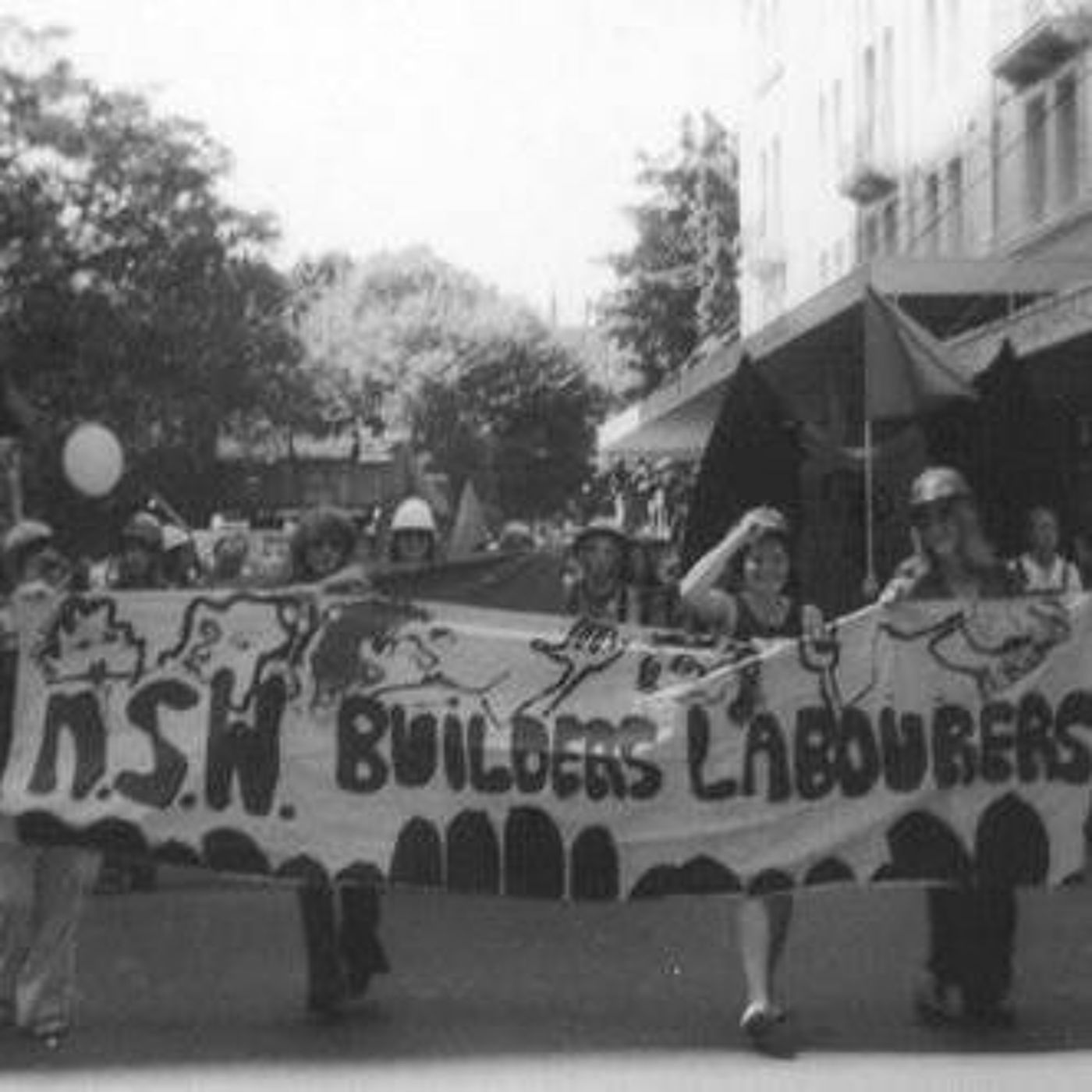
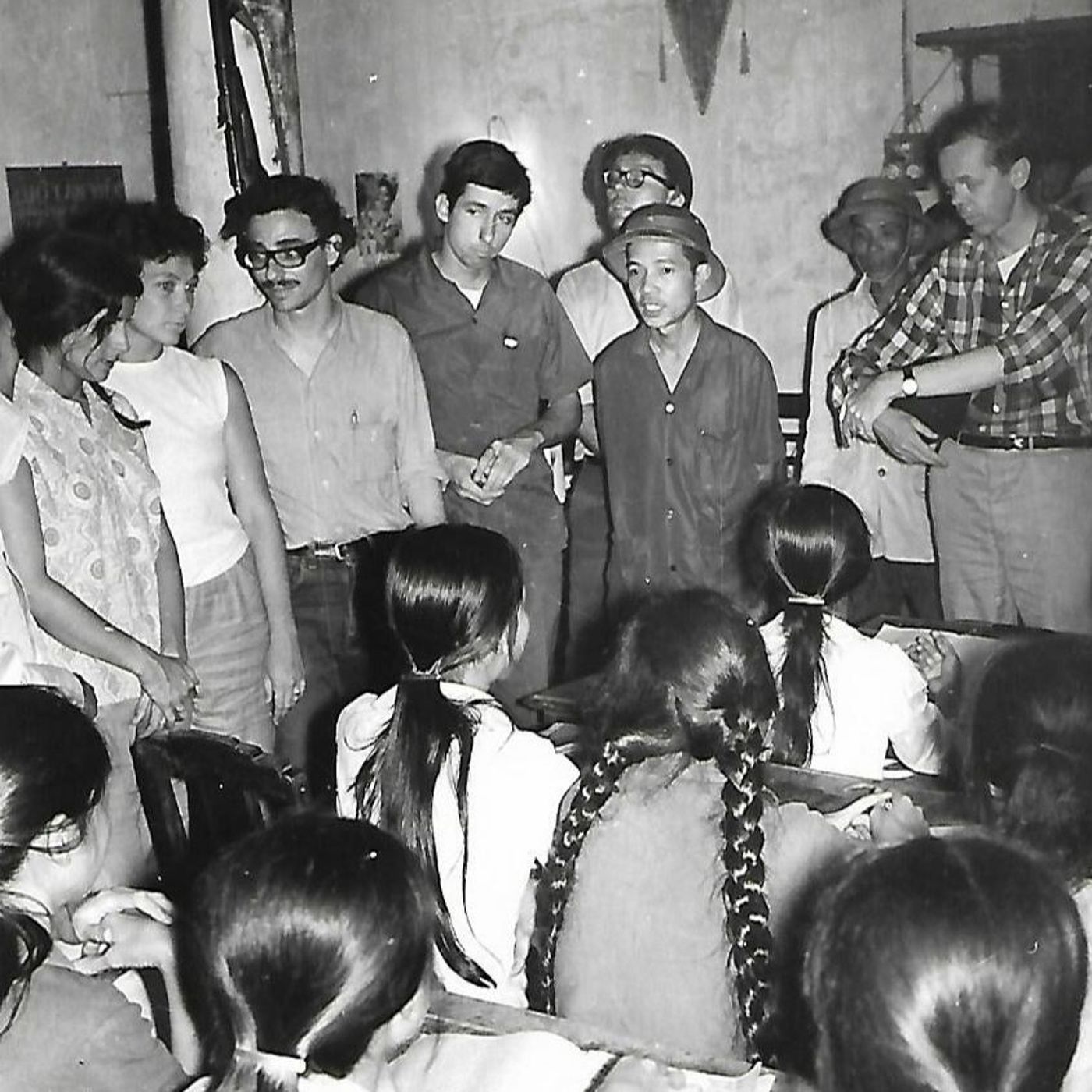




listen to working class history today.
where are the new episodes?
great idea for a podcast..keep up the great interesting work!!
outstanding program
A Truly Outstanding Program
outstanding program
Amazing podcast